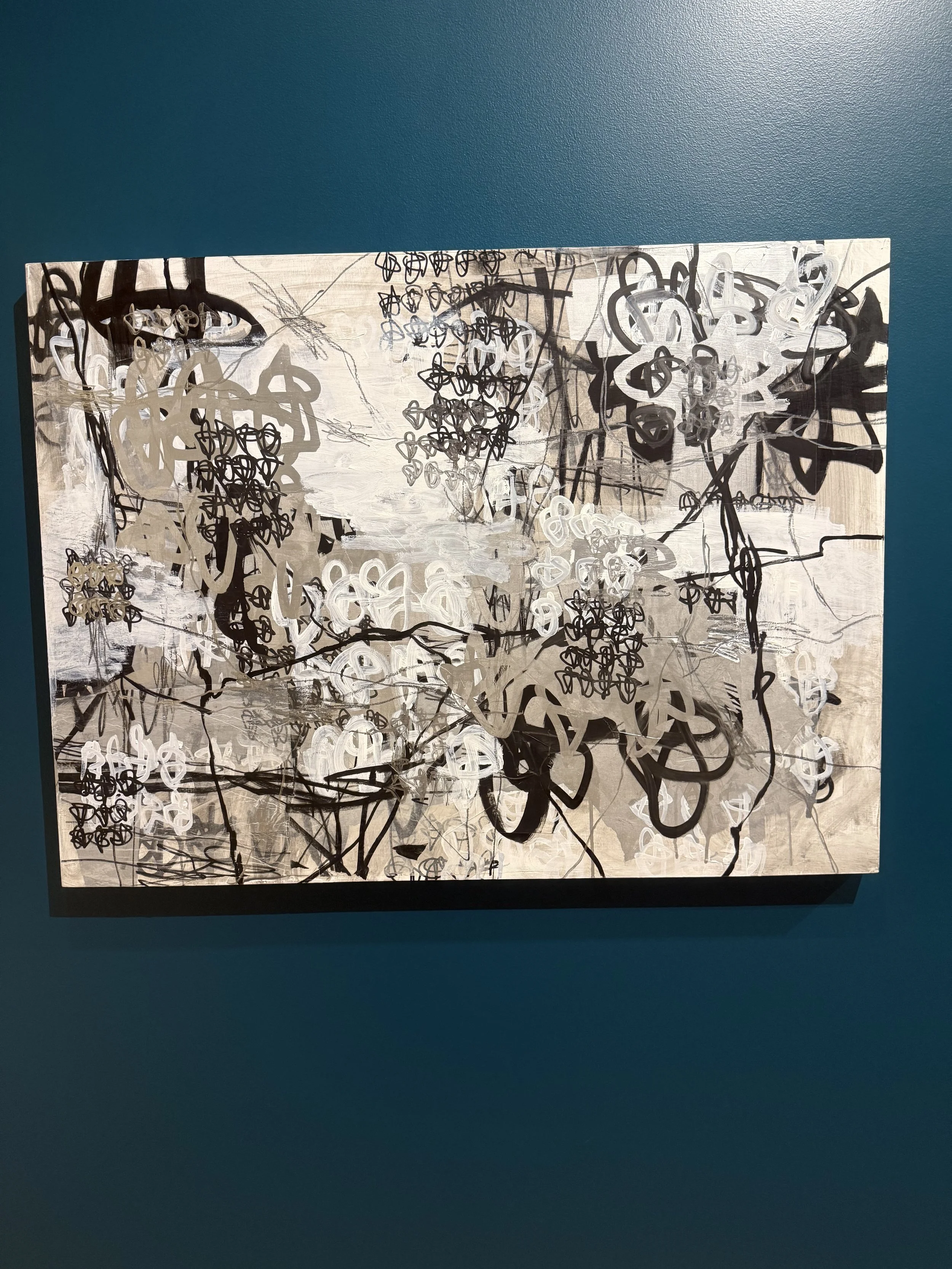A response to the godfather of artificial intelligence
Art in the Bellagio. (Paradise) Las Vegas, Nevada.
Geoffrey Hinton, largely credited as the godfather of artificial intelligence won the Nobel Prize in Physics in 2024 and recently interviewed for the podcast Nobel Prize Conversations on the May 14, 2025 episode. Through his own approach to human interaction, he articulated exactly what the problem is with artificial intelligence, social media, and really basic human interaction in the 21st century.
Hinton talks to some degree about his educational endeavors and natural curiosity. Clearly, in order to succeed or achieve academically at the highest levels, innate curiosity is a must. If you are not curious about how things work, you will struggle with an educational process that in its very definition requires a degree of curiosity and learning. He spoke about how his primary childhood interests lay in becoming a scientist and not necessarily “breaking away” from family traditions of science until later in his teenage years. When science offered answers, his response, to me, could be summarized with the simple question that I can relate to which is: “ok, but why?”
He briefly flirted with philosophy and psychology but really was not satisfied in those fields either. One of the fundamental questions that he wanted to answer is how people worked. Very little of his studies was able to sufficiently answer this for him.
So what he did, in my own words, was effectively try to duplicate “how people work.” Neural networks and AI is really building a synthetic brain. While there is no doubt that this was, is, and will be an extremely intellectually stimulating pursuit, it does not answer the question that he wanted to answer.
His brief mention of his interaction with his daughter summarizes the failure of artificial intelligence to move humanity forward:
“My daughter, in particular, doesn’t want to be a scientist…she would occasionally get very cross with me for trying to explain things scientifically when she wasn’t interested.”
We are at a time where we are trying to scientifically engineer human interaction. There is such a fear of failure or rejection that we have brilliant scientific, entrepreneurial, and technologically savvy minds trying to, in essence, engineer “failure” out of humanity.
This pathway, though, of course has not come out of the blue. From the development of industries like social media, online dating, and plastic surgery, the levels of societal social anxiety have skyrocketed. People talk and interact less for fear of failure. And now, we have artificial intelligence which has compounded this beyond a reasonable doubt. We are progressing so much in terms of living on screens and through artificial intelligence that you do not have to even interact with other humans if you are anxious enough.
I spoke a bit about emotional intelligence and reflection on negative emotions in my book, The New Theory of Relativity, but I really do believe that the key to advancement in society is to go back to the fundamentals of humanity and interacting with your community and traveling as opposed to secluding yourself to the ease of a screen that can completely alter your reality.
The first subject that I loved was not science, but math. To me, science is much less adaptable in terms of personal and professional education and self-realization. Scientists may be able to skillfully ask questions within a realm of expertise but outside of that, it may become more challenging to have the academic and emotional flexibility.
Mathematics, elementally, is more flexible. Mathematics is relevant to sciences and the humanities, in my opinion because its fundamentally based in pattern recognition. Pattern recognition can be applied to music, for example, as much as it does science. It has application to human psychology and physiology. In the childhood education process, it is critically important for those reasons because its applications are so far reaching. Of course, it is a pre-requisite to understanding personal finance.
And, I think, someone versed in mathematics is acutely aware of the nature that numbers can be manipulated therefore there is an understanding that infinitely difficult questions may never be answered. The satisfaction in limits, therefore, is power in and of itself.
Thus, mathematics can possible serve as the bridge to emotional and academic intelligence. Science alone will never engineer humanity or human interaction. Emotion, as much as we seem to be ignoring it at the present, is much more art than science. If science is deemed the sole vehicle for the future of humanity, emotion will be gone and therefore humanity will be, too.
Perhaps, returning to understanding the value of art can allow all to be taught more meaningfully, too. In recognizing patterns and understanding someone’s behavior does not mimic yours means that your empathy and understanding of their strengths and weaknesses do not equate to someone being “better” or “worse” than someone else.
Intelligence can be real and/or artificial but if those who are scientifically accomplished and gifted seek to individually or systematically impose those methods on others, we will have a new world that is not brave but one based in fear.

